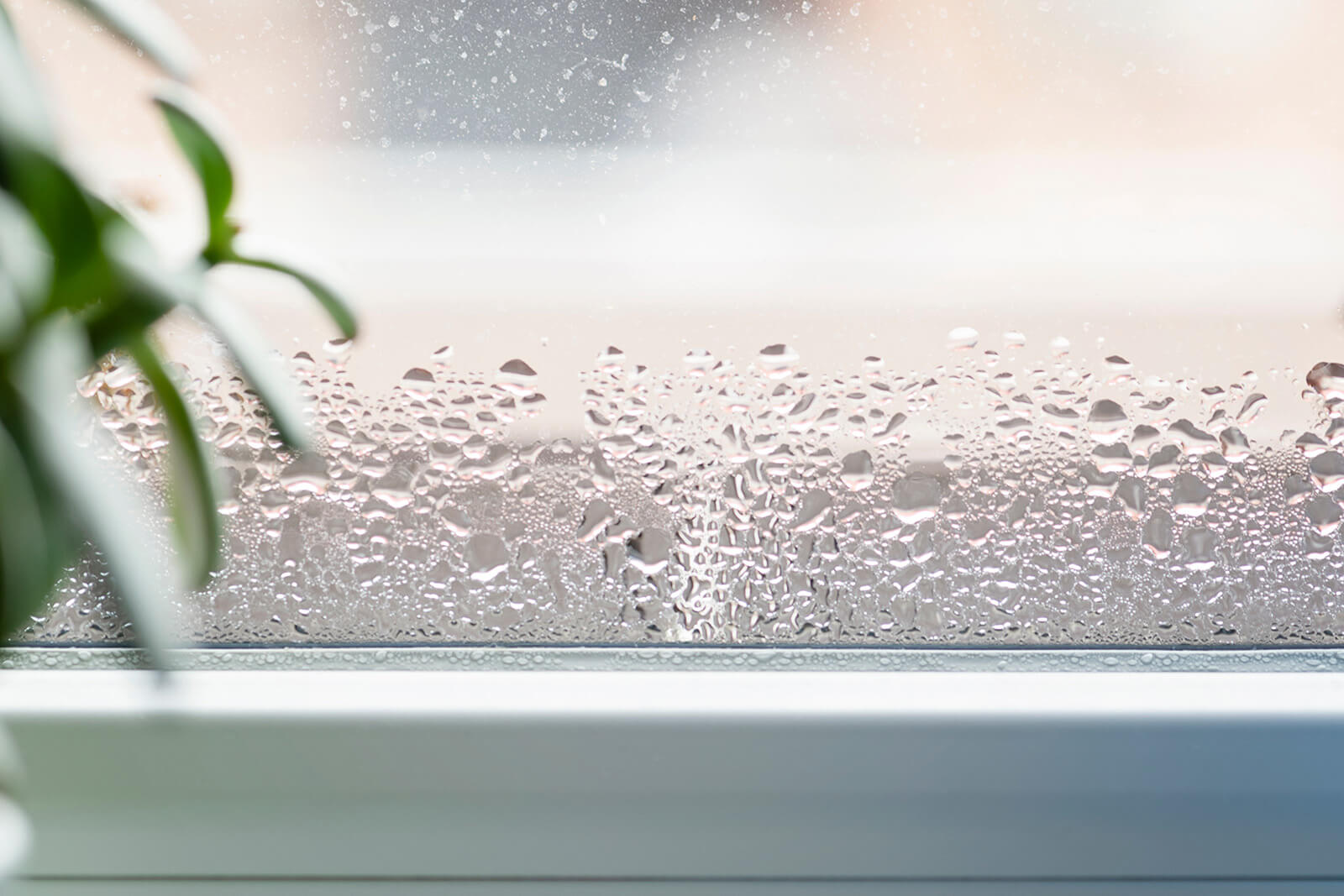Five Common Reasons Your AC Is Lacking Humidity Control
There have been cases where despite having a working A/C, the home’s interior still has excessive humidity. There are various reasons why an AC is lacking humidity control, which are highlighted below.
Your Air Conditioning Has Limited Speed
Some A/C units operate at a single speed, which means that after turning on it will function with maximum power up until reaching a set temperature. It will then shut off automatically and remain that way until the temperature reaches a set thermostat level. This creates a situation where the A/C cannot consistently eliminate humidity.

The Air Conditioning is Old
A/C units, like all machines, are subject to wear and tear as time passes. As a consequence, the internal components won’t work as well and although the A/C might turn on, it won’t adequately cool down your home the way it used to.
The A/C’s Cooling Capability is Much Larger than the Indoor Space
If your air conditioner has a cooling and heating capability which is substantially larger than the space you’ve put it in, this means it won’t be able to adequately regulate the indoor temperature and humidity. This is due to its compressor which will turn off and on regularly which means your A/C won’t have enough time to thoroughly eliminate the humidity.
You Have the Wrong Thermostat Settings
Using the thermostat setting which says FAN ON might deceive you into believing you’ve removed the humidity within your home, but this won’t be the case. This is because when FAN On is used, the A/C fan will continually operate even when the air conditioning isn’t running. And when the fan is running, although you might get a degree of cooling, in actuality you will worsen the home’s humidity levels, since the moisture which is removed by the A/C will inevitably return to the room.
You’ve Got Negative Air Pressure Within Your Residence
When negative pressure is present within your residence, this means the air within will attempt to obtain equilibrium through drawing in extra outdoor air however possible. For example, when the main entrance door is opened, external air will come in, and if outdoor humidity is high, like seventy percent or higher, this high humidity air will enter the building and the air conditioning will be incapable of handling it.
What Humidity Levels are Recommended for Most A/C Units?
For most homes, HVAC experts recommend A/C humidity levels which range from forty percent to sixty percent. It is important to remember that humidity is derived from water which evaporates from rivers, oceans, lakes and other nearby aquatic sources.
The warm water will evaporate faster, which is why the most humid places tend to be those which are near warm water, like Southern Florida. People that live in coastal regions, especially in the Tropics must exercise care to ensure their air conditioning systems have the proper humidity control. Finally, if the evaporator coil becomes covered in dirt or dust, this will inhibit the machine’s ability to thoroughly remove humidity and heat.
Are you concerned about the humidity levels in your home? Give us a call at 1-800-998-4311 to set up a time to speak with one of our HVAC experts. There could be a variety of short term and long term solutions that could implemented to improve the humidity levels in your home.
